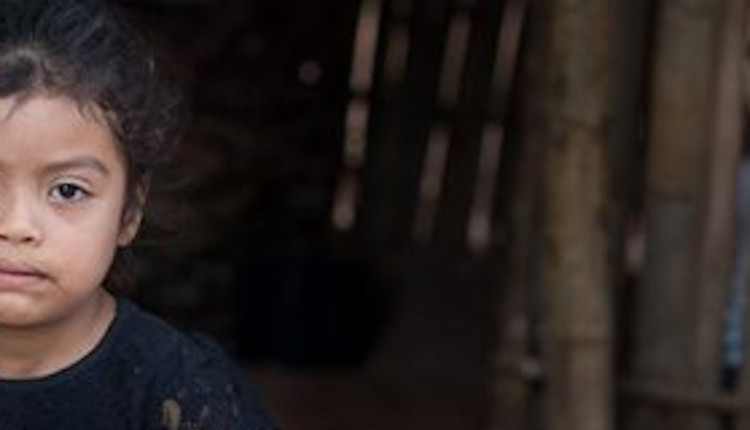
COVID-19 in Latin America, the OCHA warns the real victims are children
Latin America can be considered the new epicentre of COVID-19 emergency. In this very delicate scenario, the OCHA warns that children are the most vulnerable ones, because of weak healthcare systems, informal economies and high levels of inequality.
According to a ReliefWeb release, nine out of 10 children in Latin America and the Caribbean between three and four years old, because of COVID-19, are exposed to emotional abuse, domestic violence and punishment, failure to receive early education, lack of support and inadequate care. And this situation is about to get even worse, as isolation measures and a lack of income heighten the risk of child abuse and violence in their homes.
COVID-19 in Latin America, the alarm of the OCHA and the WHO for the children
Fabiola Flores, International Director for SOS Children’s Villages in Latin America stated that new stress factors on parents and caregivers who may be out of work can increase the risk of children losing parental care,” says “In a region where domestic violence rates are alarming, emotional stress can lead to violence.”
There is a higher risk that 95% of children and young ones will fall behind because of the limited access to online education. With no school, something like 80 million children in Latin America is missing out on school meals. This is a very important aspect because many families have not the possibility to put food on the table, and in times of crisis this may also be difficult to surmount.
Children in Latin America, the hidden victims of COVID-19
According to the WHO, almost 30% of the Latin America population does not have access to health services. The children are becoming the hidden victims of COVID-19, this is what Ms Flores states. This is due to the little funds that Latin America governments invested in public health systems.
Plus, almost 140 million people in Latin America have informal jobs and, due to COVID-19, almost all of them lost their jobs. Ms Flores declared, “without any other source of income nor safety net that can compensate for the sudden lack of income, this crisis forces millions to decide every day to provide food or risk exposure to the virus”.
That’s why, SOS Children’s Villages provides medical, hygiene, livelihood and psychosocial support. But, most important, SOS association will provide alternative care of children in case of family breakdown. Thinking that the association is supporting families in avoiding a child’s rights violations, as well as to provide quality alternative care when there is no possibility that children stay with their families, is very sad, continues Ms Flores.
Children and COVID-19, SOS Children’s Villages’ priorities in Latin America
In Latin America, the most affected country is Brazil. Or, maybe, the most affected globally, second only to the US. The rates of the infection and death toll are among the highest in the world. SOS Children’s Villages Brazil National Director, Alberto Guimaraes, says that SOS Children’s Villages in Brazil offer emotional support and assistance with immediate needs.
Mr Guimaraes stated, “as the crisis grows, our concerns are on rising unemployment and the immediate consequences on families to cover children’s basic needs, plus the delay in children’s education because of the lack of access and appropriate tools. In the future, we must work to help parents and caregivers reintegrate into the labour market, as well as improve children’s access to education and assist Brazilian youth with job training and employment.”
The SOS regional programme director, Patricia Sainz says, “We must support families with hygiene items and food supplies, but we must also keep in mind the long-term development of children. We are rethinking and changing the way we support families while adhering to our quality standards of protection and care for children.”
READ ALSO
The United States donated hydroxychloroquine to Brazil to treat COVID-19 patients, despite serious doubts about its efficacy
The concrete support of the WHO to migrants and refugees worldwide in times of COVID-19
COVID-19 in Kosovo, the Italian Army sanitizes 50 buildings and AICS donates PPEs
From Kerala to Mumbai, a medical staff made of doctors and nurses to fight COVID-19
SOURCE
REFERENCE


